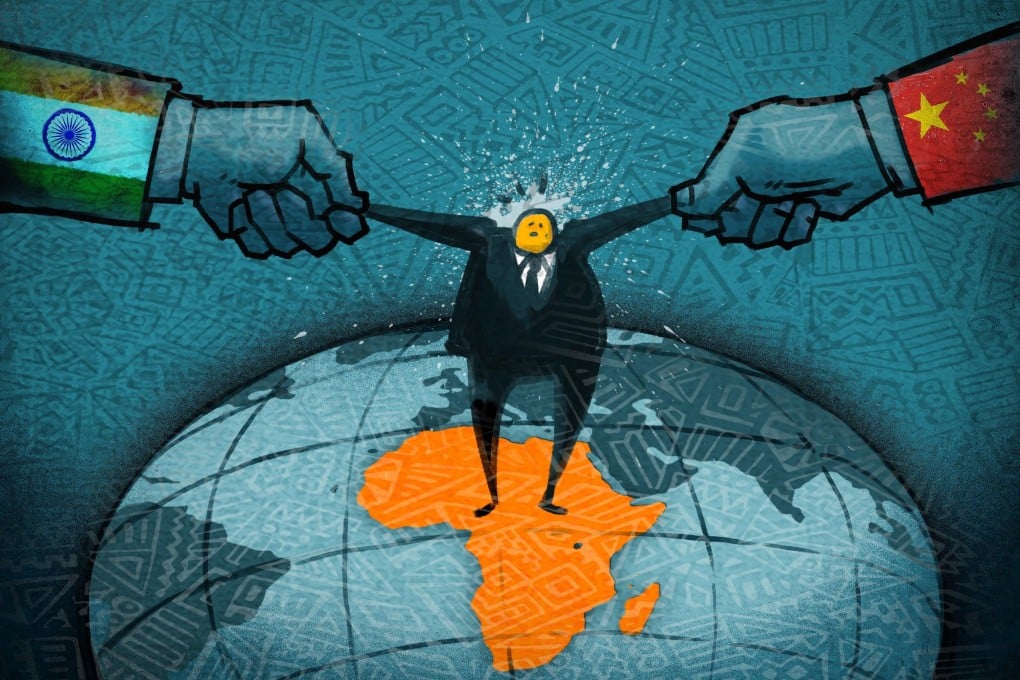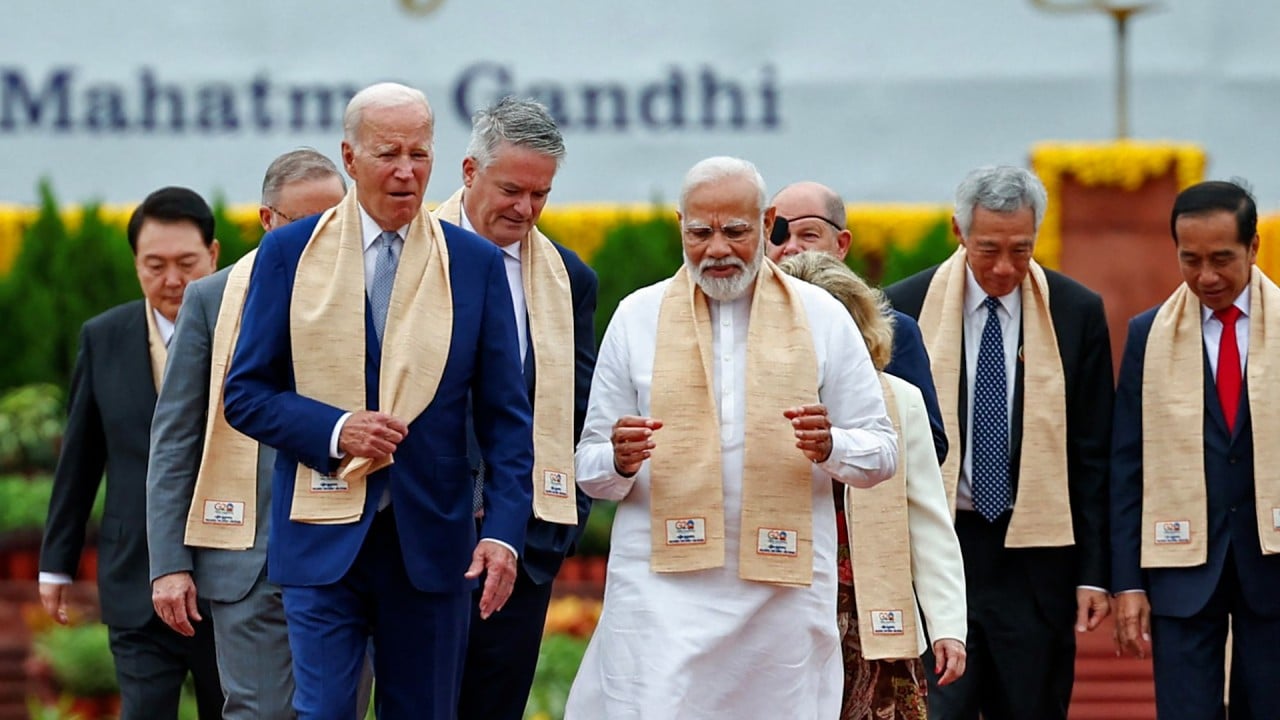China, India court Global South in competing bids to lead developing countries
- The Asian giants are courting developing countries for support in a changing international order, observers said
- While their approaches differ, Beijing and New Delhi are seeking to champion Africa, Asia and Latin America, with competition set to intensify

“We are more than 100 countries but our priorities are similar,” Indian Prime Minister Narendra Modi said in his opening remarks to the latest meeting, intended as a briefing to attendees on the Group of 20 summit hosted by New Delhi in September.
“From a geographic perspective, the Global South has always existed but it has received a voice of its own for the first time,” he said.
As a G20 member, China was not invited to the virtual summits which were widely seen as a ramping up of India’s efforts to court the Global South – a term broadly used to refer to developing countries in Africa, Asia and Latin America.
Use of the term – attributed to US political activist Carl Ogelsby in 1969 – has exploded in recent years as a “convenient shorthand” for countries that want the global economy’s structures overturned in favour of a more multipolar system, according to the Carnegie Endowment for International Peace.
While China and India have adopted different approaches – with the former focusing on investments and infrastructure – analysts said that both countries regard the Global South as increasingly important to their ambitions to expand influence and shape the changing international order.
